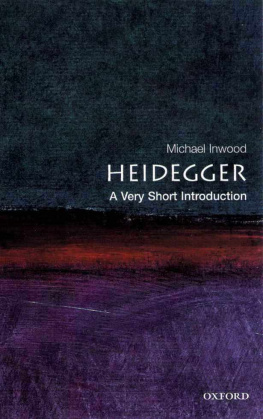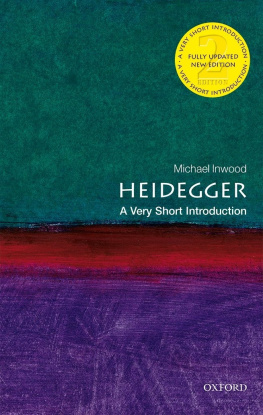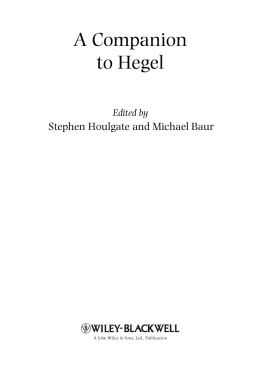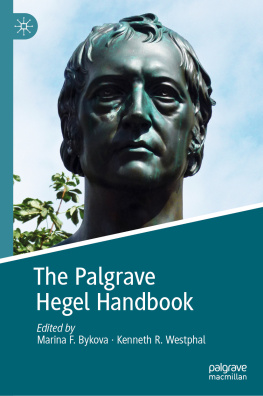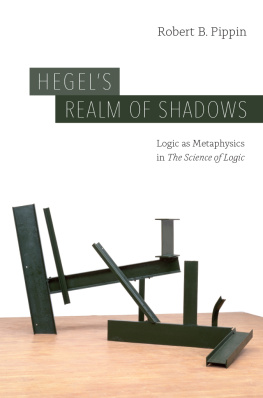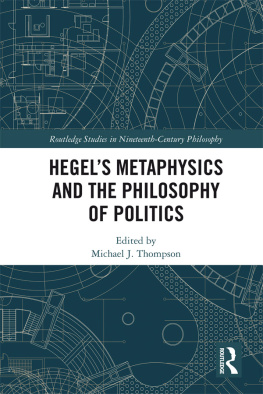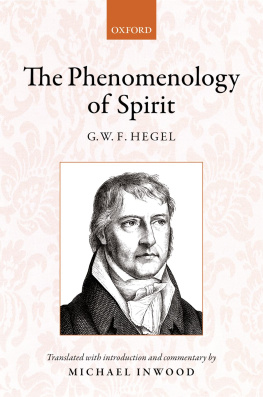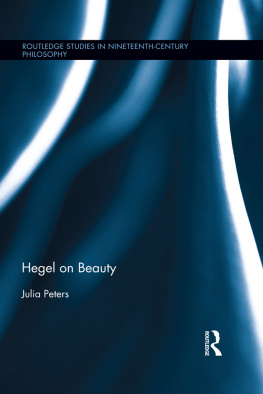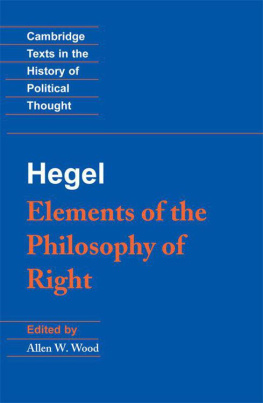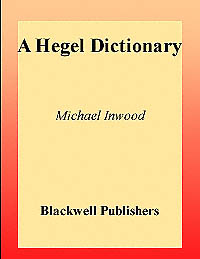| in part because of his insistence on lecturing and publishing in German, and moved to the University of Halle, which raised no objection to this departure from tradition. In his published writings, Thomasius continued to use loan-words alongside native ones, and objected to artificial Germanic coinages to replace well-established loan-words. 7 Thus he uses both Materie and the native Stoff, both Object and Gegenstand. |
| The problem for the philosopher writing in German, however, was not primarily that native words (or acceptable loan-words) were not available for use, but that there was no settled and generally accepted philosophical vocabulary. Some writers retained Latin words; others translated them into native German. But there was as yet no agreement on the translations. Thomasius did little to remedy this, in part because his writings were still shot through with Latin borrowings, in part because his terminological proposals lacked the clarity, authority and consistency needed for widespread acceptance. The most significant step in this direction was taken by the foremost philosopher of the German Enlightenment, Christian Wolff (16791754). |
| Wolff was originally a mathematician and he believed that philosophy should be presented with mathematical clarity and rigour. When a term is introduced, it must, on his view, be clearly defined, and it must not be used subsequently in a sense other than that originally assigned to it. We must not use two or more terms synonymously: apparent synonyms must be given distinct, well-defined senses. Thus Wolff distinguishes between Grund ('ground, reason') and Ursache ('cause'): 'The ground is that by which one can understand why something is, and the cause is a thing that contains in itself the ground of another thing' (RT 29). And between a Vermgen ('ability, power') and a Kraft ('force, power'): 'The ability is only the possibility of doing something, whereas, since the force is a source of alterations, it must involve an endeavour to do something' (RT 117). Wolff wrote for the most part in German, and he provides a German equivalent for almost every Latin or Latinate word. The German word is only rarely his own creation, but he provides a stable and well-defined use for words that had previously lacked it. He gave to Begriff, e.g., its modern sense of 'concept', and attempts to distinguish it from Vorstellung ('representation, CONCEPTION' ): concepts are the conceptions of genera and species of things (RT 273). (Wolff also seems to have coined some Latinate terms, which passed into German: genetische Definition, Monist and Monismus, Teleologia, etc.) |
| Owing to the clarity and simplicity of his style, Wolffs writings became immensely popular, and influenced literary as well as philosophical usage. The use of Begriff became widespread largely owing to his clarification and stabilization of it. Hegel had little time for Wolff as a philosopher, but he concedes in LHP that it was Wolff who 'first made thought in the form of thought into common property', 'made an immortal contribution to the development of the German intellect [Verstand |
|


